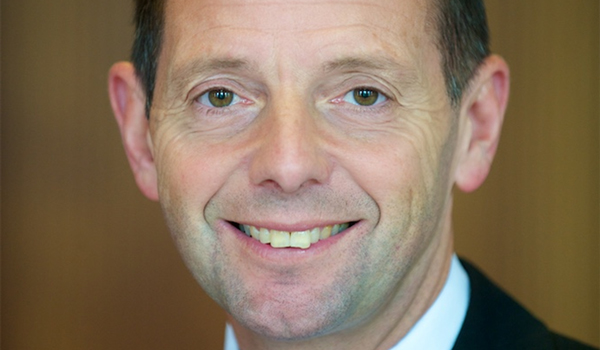Lead appointed for IPCCs successor
The first director general has been appointed to lead the organisation that will replace the Independent Police Complaints Commission (IPCC).
The first director general has been appointed to lead the organisation that will replace the Independent Police Complaints Commission (IPCC). Harrow Council chief executive Michael Lockwood will become head of the Independent Office for Police Conduct (IOPC) when it takes over from the IPCC in January. Mr Lockwood will be responsible for all decisions made in IOPC investigations and appeals including the most serious allegations involving police forces. He replaces Dame Anne Owers, the IPCCs current chair, who will become national chair of the Independent Monitoring Boards from next month. Policing and Fire Minister Nick Hurd said Mr Lockwoods appointment is a key milestone in the reform of the IPCC, and will ensure clear accountability and oversight for the running of the organisation. He added: We are absolutely determined to make the police complaints and discipline systems simpler and more transparent for the benefit of the public, and the new, more efficient and effective IOPC will be a vital part of that. Mr Lockwood has been Harrow Councils chief executive since 2007 but famously was made redundant in 2014 receiving a significant payout only to be reinstated several months later after Labour took charge of the administration. The creation of the IOPC was first announced in 2016 as part of then Home Secretary Theresa Mays plans to make the complaints process more responsive to the public. A review found the IPCCs existing governance model was no longer suitable in light of its enhanced role in the disciplinary systems which were overhauled by the Policing and Crime Act. Unlike the IPCC, the IOPC will have no commissioners, and Mr Lockwood will ultimately be accountable for individual casework decisions. It will also be granted significantly increased powers such as the ability to initiate its own investigations. A government-appointed board will provide independent support, oversight and challenge to Mr Lockwood. Mr Lockwood described his forthcoming appointment as an honour. This is an important time for the organisation, as the IPCC transitions to the IOPC, he said. I look forward to working with the dedicated staff there as we reshape the organisation to ensure the police disciplinary and complaints system is as effective and as clear as possible. Welcoming the announcement, Dame Anne said: I would like to congratulate Michael on his appointment and also welcome confirmation that the IPCC will become the IOPC in January. We have worked alongside the Home Office to shape the future of the organisation since 2015, when we recommended a new structure that would better support our much-expanded organisation. My focus now will be to ensure a smooth transition into that new structure and then to hand over the governance of the organisation to Michael. Julia Mulligan, transparency and integrity lead for the Association of Police and Crime Commissioners, said: The public put a huge amount of trust into the system when they make a police complaint, or if there is a serious incident which requires IPCC involvement, and I am not sure that trust is repaid at present. Not only does IPCC performance need to improve across the board, in both timeliness and quality of service, but much more needs to be done to engage PCCs in the governance reforms of the IPCC (soon to be the IOPC). I hope to have an early discussion with Michael Lockwood once he takes up his new post. Finally, my plea would be to ensure Michael does what he can to ensure the changes currently being made to the police complaints system result in as simple, understandable and accessible a process as possible, which isnt where the IPCC seem to be headed at present.


